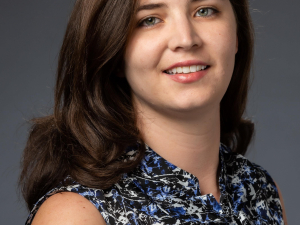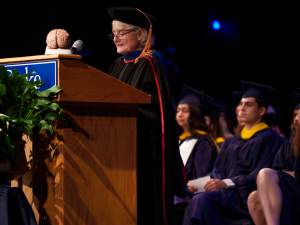Makeba Wilbourn and her lab featured for commitment to community, inclusivity, and healthy lab atmosphere amid COVID-19
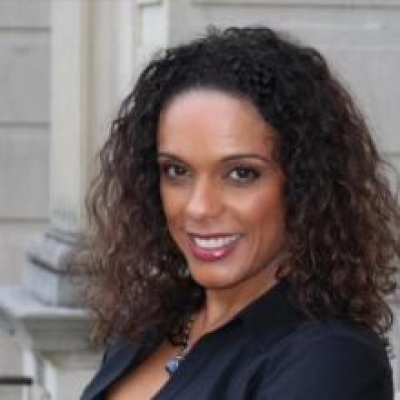
Makeba Wilbourn, associate professor of the practice of psychology and neuroscience, understands that, in addition to producing important research on the cognitive development of children, her lab’s goal is to inspire students with a healthy atmosphere.
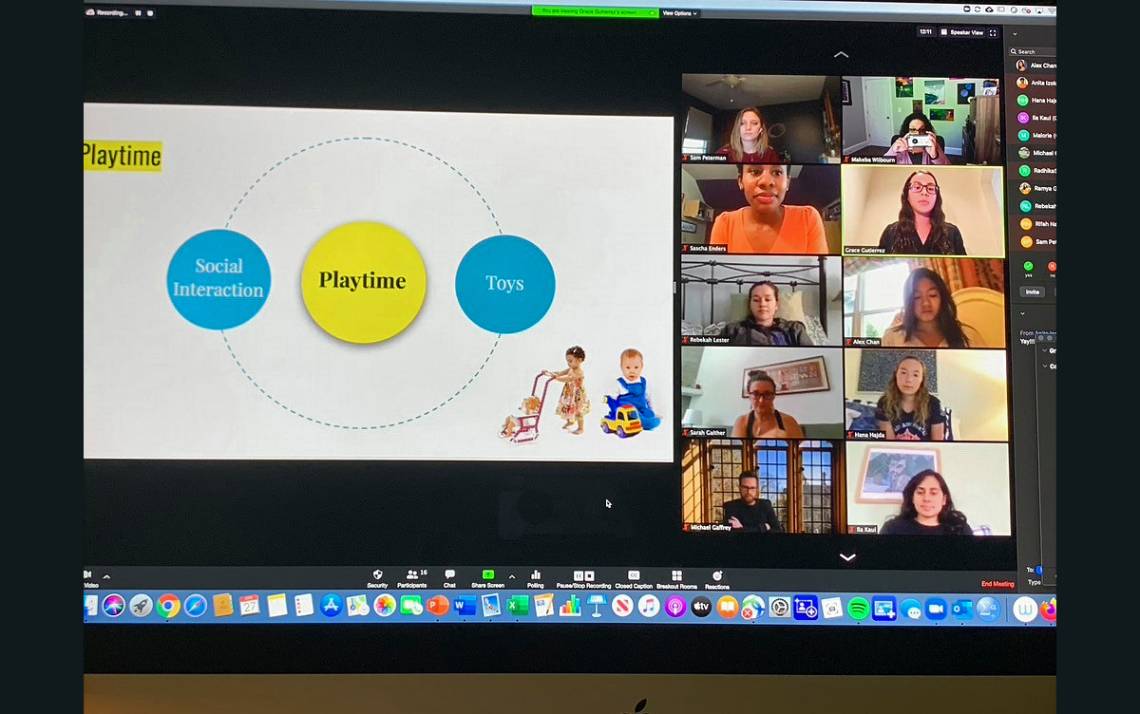
Excerpt from: LESSONS FROM TEACHING IN A PANDEMIC: After adjusting approaches due to COVID-19, Duke faculty share their lessons
Originally published September 16, 2020 in WORKING@DUKE, By Stephen Schramm
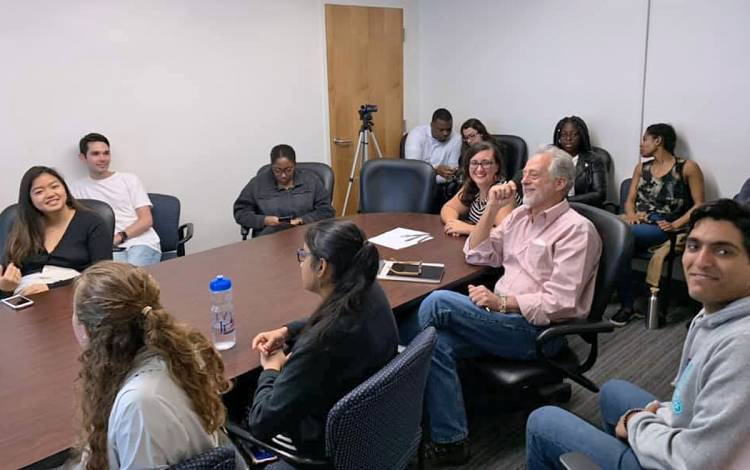
While studying how young minds process words and gestures, her lab’s team builds a welcoming culture with inside jokes, informal mentorship and occasional Family Feud clashes with other labs.
“There are authentic experiences that happen in a lab environment,” Wilbourn said. “There’s a sense of community where you’re seen for your contribution to the team, and all the beautiful things you bring with that are valued. Not tolerated but valued. Those are the sorts of things that are part of the culture of a lab when you do it right.”
With most student team members now working remotely, COVID-19 has made building that culture challenging. But with technological tools she embraced in the spring, Wilbourn has kept the atmosphere alive.
During many Zoom lab meetings, she’ll have an extra 30 minutes for everyone to catch up and discuss how they’re doing. The team also uses Marco Polo, a video chat app for Android or Apple devices, to share quick, fun updates.
“I study non-verbal communication, so it’s hard for me to get a sense of how my students are doing if I can’t see their faces,” Wilbourn said. “There are times when I’ve done a roll call. I sent a video message to the lab and said, ‘I need to see your faces.’”
Wilbourn got a rush of short video responses, providing peppy snapshots of everyone’s lives.
Traditionally, team members show up in large numbers to support seniors defending their honors thesis. This spring, when those defenses moved to Zoom, Wilbourn recalls the sessions drawing around 60 people, including many of their lab colleagues.
“We’re doing the best we can to stay connected,” Wilbourn said. “You want to keep that sense that there’s a group of people who care about you.”



